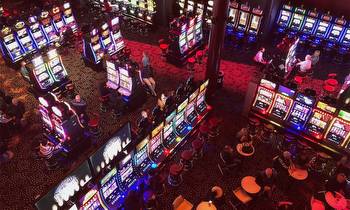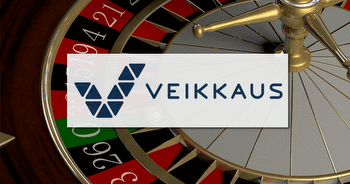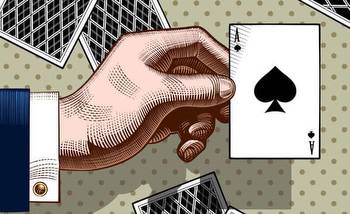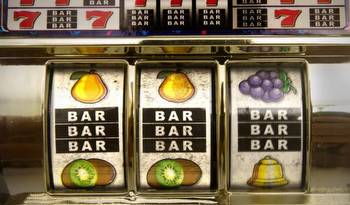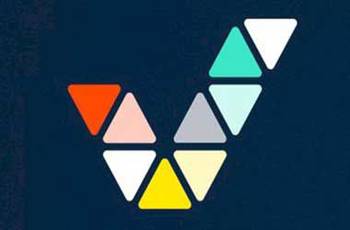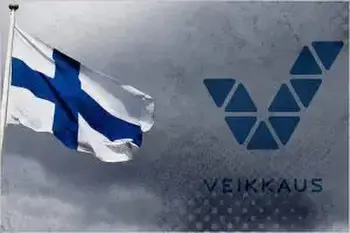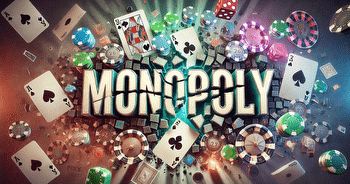Finland proposes new gambling legislation, opening betting and online casino markets to competition
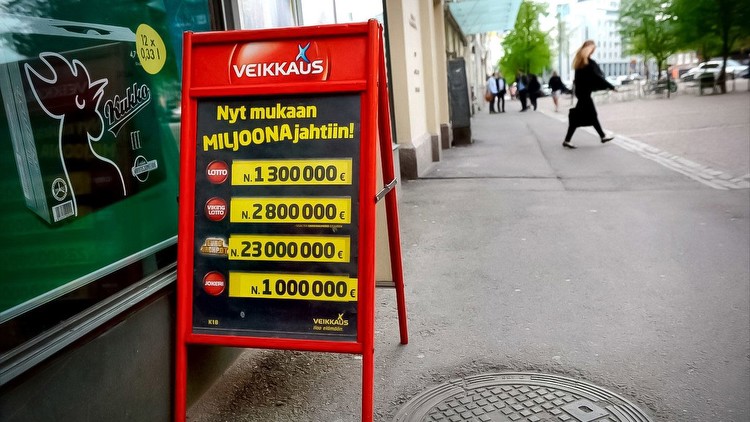
The Ministry of the Interior in Finland has released a draft proposal for a new gambling act, inviting public comments.This move is in line with the Government Programme's objectives to reform the gambling system.
The proposed legislation aims to end Veikkaus Oy's monopoly on betting and online slots and casino games, introducing a competitive licensing system for these activities.
A working group led by the Ministry of the Interior, directed by a political steering group of state secretaries, prepared the proposal. The consultation period for public feedback will close on August 18, 2024.
Currently, Veikkaus Oy holds a monopoly on gambling games in Finland. Despite this, a considerable amount of online gambling occurs outside this regulated system, with some enterprises offering games not overseen by national regulations or authorities.
The proposed legislation would establish a framework for licensed gambling and its oversight in Finland. Under this system, gambling companies could apply to the Finnish Supervisory Agency for a license to operate gambling games. This shift aims to mitigate gambling-related harm and steer demand towards a regulated system.
Gambling games would be categorized under exclusive licenses or general gambling game licenses. Additionally, a game software license would be required for supplying gambling game software. License holders would be obligated to pay an annual supervision fee.
Lotteries, pools, totalisator betting, physical slot machines, and casino games would remain under exclusive licenses, which in practice would give Veikkaus a monopoly in games such as lottery games and scratch cards. The monopoly and competitive market activities of Veikkaus would be split into separate companies within the same group, with annual state compensation determined by the government for Veikkaus's exclusive license.
The proposed legislation would also grant the state more flexibility in future decisions regarding its ownership of Veikkaus Oy. It would allow the state to reduce its holding if deemed beneficial for the development of the state's shareholder value, although this legislation does not automatically imply a reduction in state ownership.
The draft act includes provisions for the registration of gamblers and verification of their identity and residency. It also sets age limits for gambling and mandates the use of gambling accounts for playing games. A centralized register of gambling bans would be introduced, enabling individuals to self-impose bans on gambling games offered by any license holder.
Marketing and sponsorship of gambling games would be regulated, with licensed enterprises allowed to advertise within specific constraints. Prohibited marketing tools and the banning of commercial collaboration with social media influencers are notable restrictions. Marketing should be moderate and aimed at directing demand toward licensed gambling, with high-risk gambling games like physical slot machines and casino games remaining under Veikkaus's monopoly not being marketed at all.
The National Police Board currently supervises gambling games, but the new legislation proposes transferring this responsibility to a new Finnish Supervisory Agency under the Ministry of Finance. This agency would have broad powers, including the ability to impose administrative sanctions, prohibit illegal gambling activities, rescind licenses, and conduct test purchases.
The agency would also oversee compliance with anti-money laundering and anti-terrorist financing laws.Network barring and payment blocking would be utilized to restrict unlicensed gambling offerings, steering demand towards licensed operators and enhancing the prevention of gambling-related harm.
The Ministry of Social Affairs and Health would continue to monitor, study, and assess gambling games and related harms through the Finnish Institute for Health and Welfare. Discretionary government grants could be allocated to support the prevention and reduction of gambling-related harm.
The government aims to present the proposal to Parliament in the spring of 2025. The new system would be implemented in stages, with license applications starting in early 2026 and licensed gambling operations commencing at the beginning of 2027.
Veikkaus Oy would retain its monopoly until the end of 2026, and game software licenses would be required from the beginning of 2027, with mandatory licensing for game software suppliers effective from 2028.














